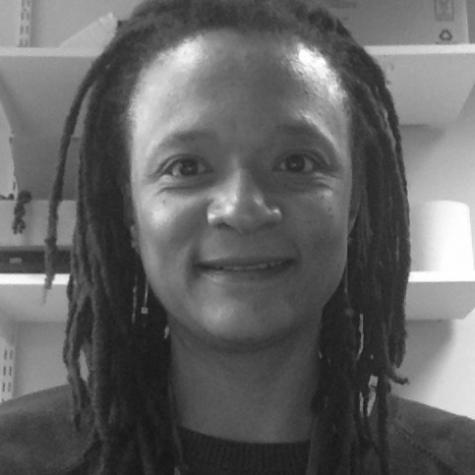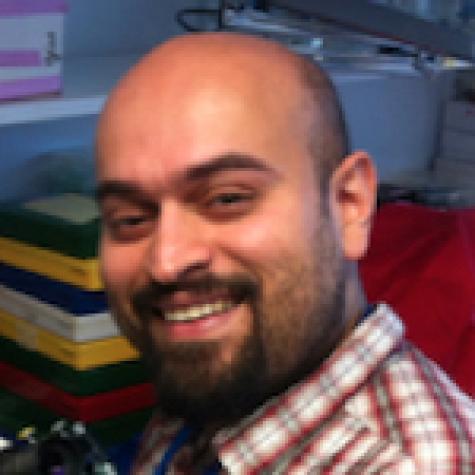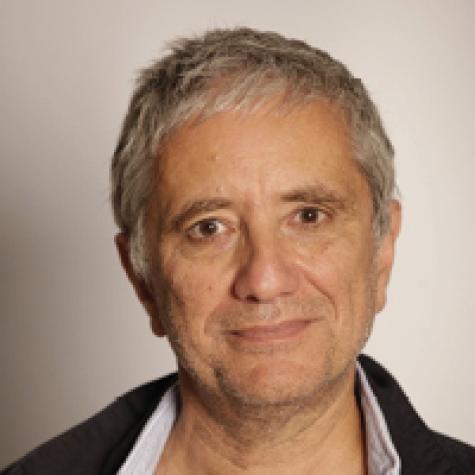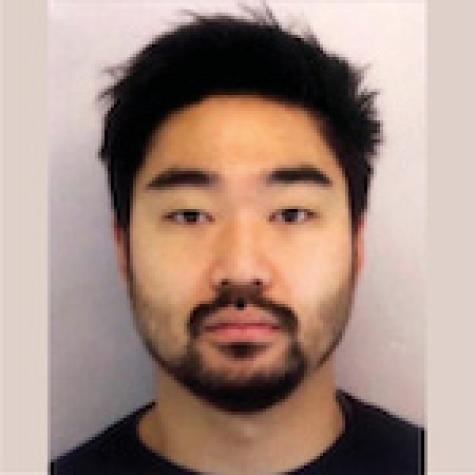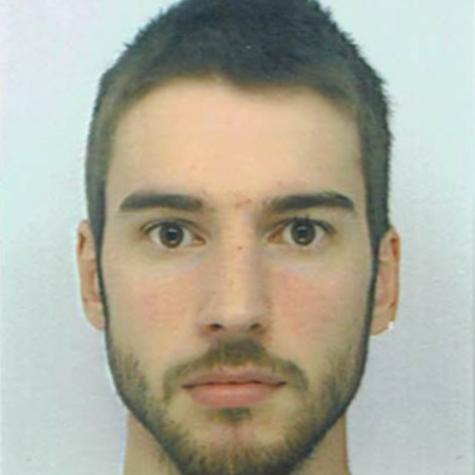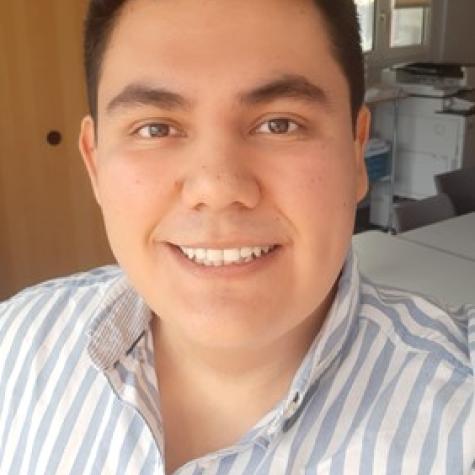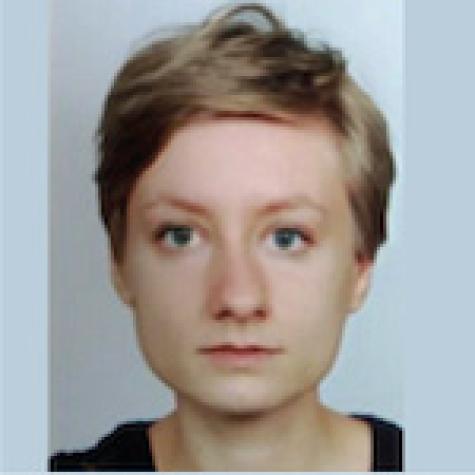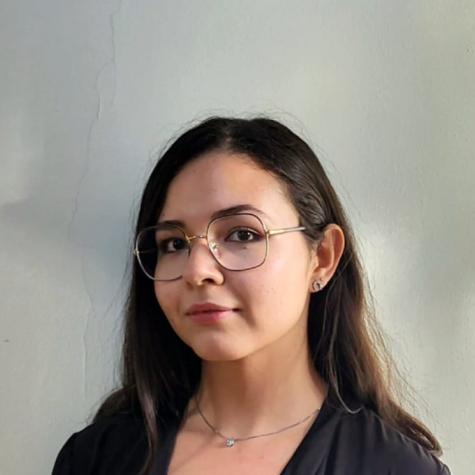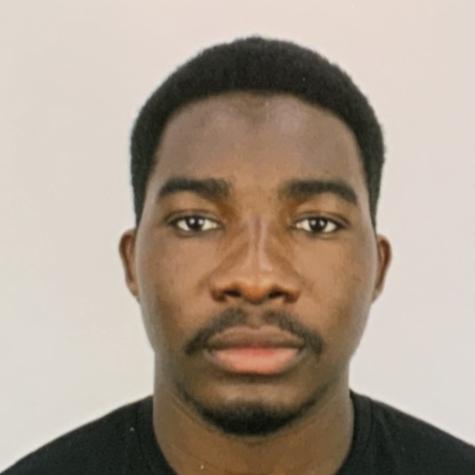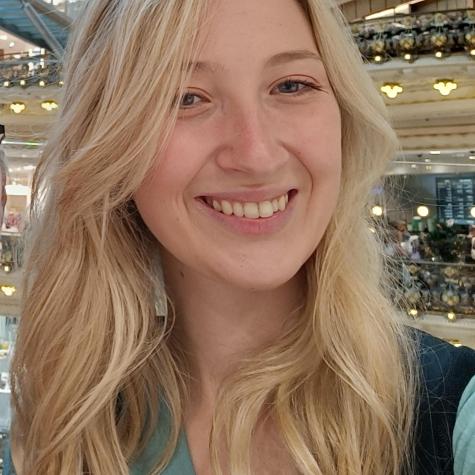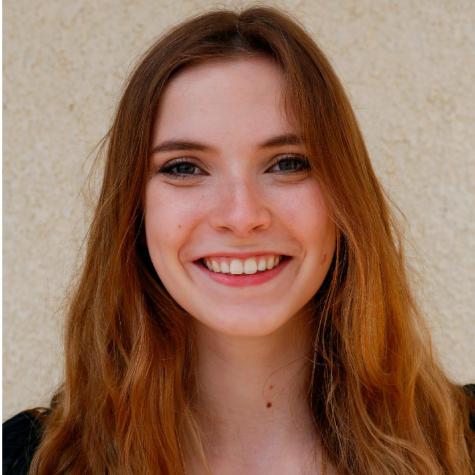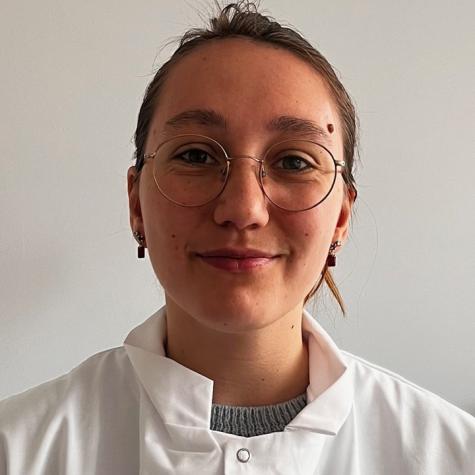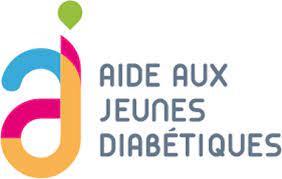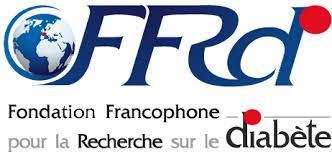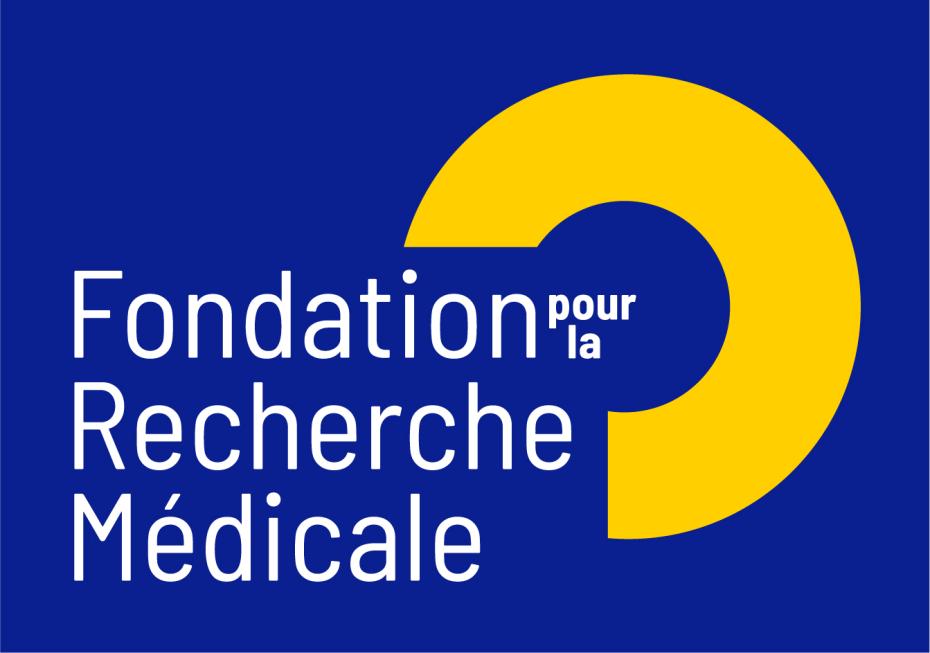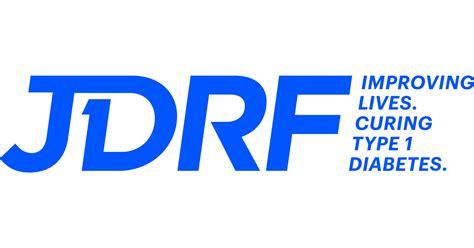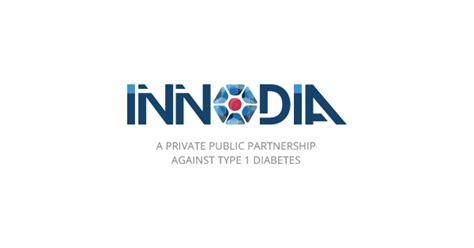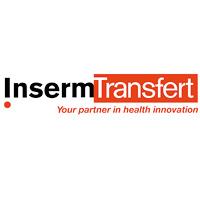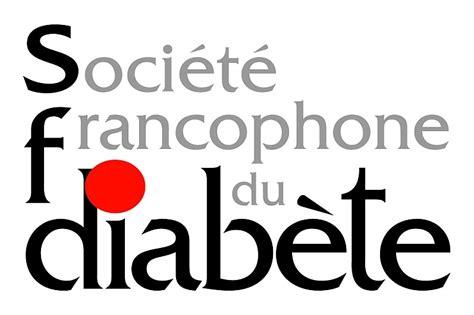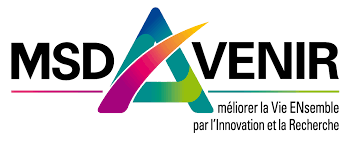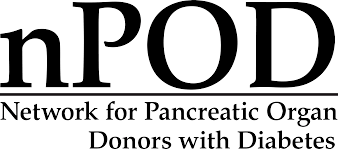Membres de l'équipe
Projets
Sylvaine YOU
Roberto MALLONE
Mécanismes immunitaires et biomarqueurs de la progression du diabète de type 1 (R. Mallone/S. You)
Principales publications et brevets
PUBLICATIONS
A. Carré, F. Samassa, Z. Zhou, J. Perez-Hernandez, C. Lekka, A. Manganaro, M. Oshima, H. Liao, R. Parker, A. Nicastri, B. Brandao, M.L. Colli, D.L. Eizirik, J. Aluri, D. Patel, M. Göransson, O. Burgos Morales, A. Anderson, L. Landry, F. Kobaisi, R. Scharfmann, L. Marselli, P. Marchetti, S. You, M. Nakayama, S.R. Hadrup, S.C. Kent, S.J. Richardson, N. Ternette, R. Mallone. Interferon-α promotes HLA-B-restricted presentation of conventional and alternative antigens in human pancreatic β-cells. Nat Commun. 2025. 16, 765. doi.org/10.1038/s41467-025-55908-9.
Villalba A, Gitton Y, Aiello V, Toupin M, Mazaud-Guittot S, Chédotal A, Scharfmann R. Imaging human pancreatic endocrinogenesis during early prenatal life. Diabetes. 2024, Nov 27:db240641. doi: 10.2337/db24-0641.
Vecchio F, Carré A, Korenkov D, Zhou Z, Apaolaza P, Tuomela S, Burgos-Morales O, Snowhite I, Perez-Hernandez J, Brandao B, Afonso G, Halliez C, Kaddis J, Kent SC, Nakayama M, Richardson SJ, Vinh J, Verdier Y, Laiho J, Scharfmann R, Solimena M, Marinicova Z, Bismuth E, Lucidarme N, Sanchez J, Bustamante C, Gomez P, Buus S, the nPOD-Virus Working Group, You S, Pugliese A, Hyoty H, Rodriguez-Calvo T, Flodstrom-Tullberg M, Mallone R. Coxsackievirus infection induces direct pancreatic β-cell killing but poor anti-viral CD8+ T-cell responses. Sci Adv. 2024, 10(10): eadl1122. Doi: 10.1126/sciadv.adl1122.
Carré A, Vecchio F, Flodstrom-Tullberg M, You S, Mallone R. Coxsackievirus and type 1 diabetes: diabetogenic mechanisms and implications for prevention. Endocr Reviews. 2023, 44(4): 737-751. doi.org/10.1210/endrev/bnad007
Rachdi L, Zhou Z, Berthault C, Lourenço C, Fouque A, Domet T, Armanet M, You S, Peakman M, Mallone R, Scharfmann R. Tryptophan metabolism promotes immune evasion in human pancreatic β cells. EBioMedicine. 2023, Sep;95:104740. doi: 10.1016/j.ebiom.2023.104740.
Corcos N, Culina S, Deligne C, Lavaud C, You S* and Mallone R*. Oral Fc-coupled preproinsulin achieves systemic and thymic delivery through the neonatal Fc receptor and partially delays autoimmune diabetes. Front Immunol. 2021, 12:616215. doi: 10.3389/fimmu.2021.616215.
Gonzalez-Duque S, Azoury ME, Colli ML, Afonso G, Turatsinze JV, Nigi L, Lalanne AI, Sebastiani G, Carré A, Pinto S, Culina S, Corcos N, Bugliani M, Marchetti P, Armanet M, Diedisheim M, Kyewski B, Steinmetz LM, Buus S, You S, Dubois-Laforgue D, Larger E, Beressi JP, Bruno G, Dotta F, Scharfmann R, Eizirik DL, Verdier Y, Vinh J, Mallone R. Conventional and neo-antigenic peptides presented by β cells are targeted by circulating naïve CD8+ T cells in type 1 diabetic and healthy donors. Cell Metab. 2018, 28(6):946-960.e6
Oshima M, Knoch KP, Diedisheim M, Petzold A, Cattan P, Bugliani M, Marchetti P, Choudhary P, Huang GC, Bornstein SR, Solimena M, Albagli-Curiel O, Scharfmann R. Virus-like infection induces human β cell dedifferentiation. JCI Insight. 2018, 3(3):e97732. doi: 10.1172/jci.insight.97732.
BREVETS
2022- EB19114 - patent under consideration on “biomarkers of autoimmune T cells for the diagnosis and treatment of type 1 diabetes”, by Inserm-Transfert; inventors R. Mallone, S. You, F. Samassa, M. Giraud.
2019 - WO/2019/175380 “Antigenic peptides deriving from Secretogranin V and uses thereof for the diagnosis and treatment of type 1 diabetes” filed by Inserm-Transfert on March 16 2018 (EP18305286); inventors R. Mallone, J. Vinh, D. Eizirik, M. Colli, G. Afonso, S. Gonzalez-Duque, Y. Verdier.
2019 - WO/2019/175381 “Antigenic peptides deriving from PCSK2 and uses thereof for the diagnosis and treatment of type 1 diabetes” filed by Inserm-Transfert on March 16 2018 (EP18305287); inventors R. Mallone, J. Vinh, G. Afonso, S. Gonzalez-Duque, Y. Verdier, M.E. Azoury.
2019 - WO/2019/175384 “Antigenic peptides deriving from Urocortin 3 and uses thereof for the diagnosis and treatment of type 1 diabetes” filed by Inserm-Transfert on March 16 2018 (EP18305288); inventors R. Mallone, J. Vinh, G. Afonso, S. Gonzalez-Duque, Y. Verdier, M.E. Azoury.
The Scharfmann group filled many patents related to the generation of human beta cell lines (WO/2008/102000; WO/2003/033685; WO2013057164). They were the basis to create in 2005, a biotech company as a spin off from the lab. This company, EndoCells, is now named Human Cell Design (https://www.humancelldesign.com/) and is considered as a success story. RS is consultant for Human Cell Design. RS is also consultant for the french company ADOCIA (https://www.adocia.com/fr/) on their project related to islet encapsulation.





